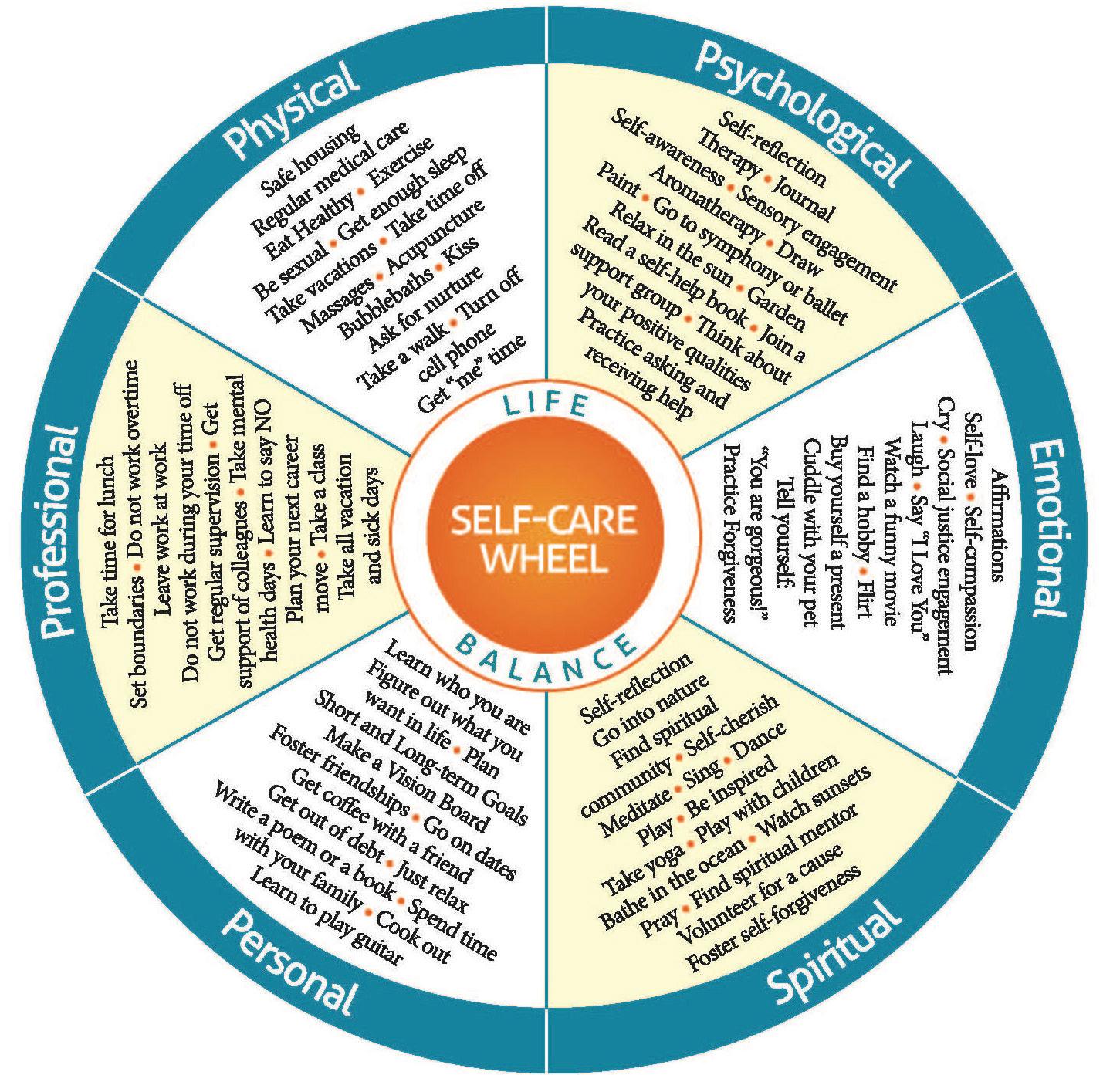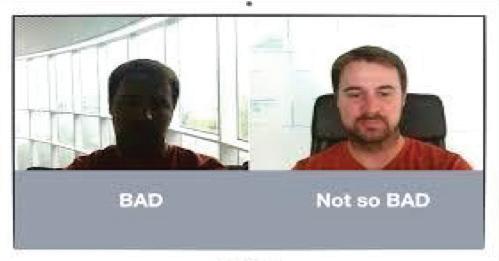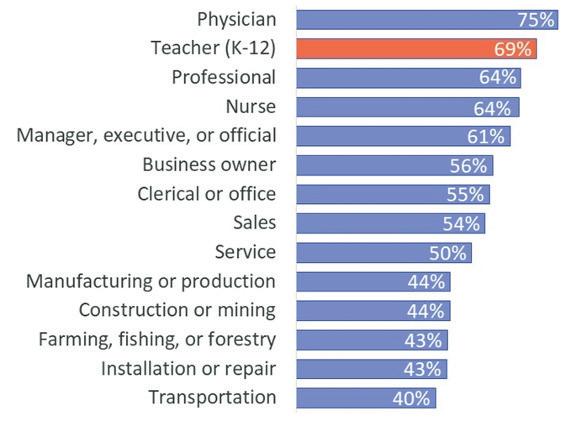Exploring Employment Options
The FAQ’s on Seeking Out-of-State Certification Job Search Handbook Committee
A
s you consider earning a teacher’s certification in another state, keep in mind that each state’s certification requirements are unique. Even the term “certification” is not used in every state. Some states call it licensure. This article will use the term certification, which means the required teacher credential for that state.
Do I need a certificate to teach?
You will for jobs in public schools. Some private schools may not require a certification.
How do I transfer my certificate to another state?
You do not transfer your certificate. Instead, you apply for a certificate in another state while maintaining your initial certification. You are able to possess certifications in multiple states.
Where do I start to get certified in another state?
Start with that state department of education website. States have different names for the department processing certifications, including: Department of Education and Early Development; Commission on Teacher Credentialing; Teacher Standards Board; State Board of Education; Department of Elementary and Secondary Education; State Office of Education; and Public Education Department. Seek the web page link indicating the instructions for “Out-of-State Applicants.” If you earned your initial certification in a state outside of your state of residence, you are an out-of-state applicant even in your home state. Pay close attention to the terms each state uses. Your initial certificate may be called “provisional” or “temporary” or “instructional” or “professional” or something else. Determine the state’s certification that is equivalent to yours. You may have earned a K-6 certificate in one state, but it translates to a K-4 in another state. Look for the step-by-step process to guide you through the system.
How do I find the right website?
A list of state certification offices is provided in this Handbook. You may also search online for the state department of education or use a site that already has the departments of education linked for you.
Isn’t there an Interstate Reciprocity Agreement?
74
Yes, but each state may still require you to take and pass its required standardized teacher exams and submit law enforcement clearance forms through their state.
I passed the tests in my state. Will I have to take more tests?
Each state determines whether the standardized tests you have taken will be accepted or if additional testing is required. The testing requirements are often the biggest obstacle in earning another state’s certification. Some states will require you to pass their tests before a certification is offered. Other states may offer a temporary certification allowing the chance to take and pass the tests later.
After reading the state’s web page, I am confused. Whom do I contact for help?
The best resource is a representative in the state department of education, since that office will determine your eligibility for certification and then issue you your certificate. Some states provide excellent customer service and answer phone calls and emails in a reasonable amount of time. Other state departments are understaffed resulting in poor customer service. Some states have regional offices that provide help or even serve as the processing agency. If you do contact the state department or regional office and speak with a person, keep a record of your conversation including the name of the representative. You may need this information for follow-up contacts.
If I cannot get help from the state department of education, where do I turn?
Check with the school district or districts where you are interested in working and see if a representative is available to assist with certification questions. If that person is not able to help, he or she may be able to provide you with the direct contact information for someone in the state department. You may also contact a college or university that prepares teachers. Someone working there may be able to answer basic questions. But first, do your homework and read what is on the state department’s website!
How much does it cost to get another certification? It varies by state.
How do I apply?
Follow the directions for each state. Many have an online system; some still require a paper application. Carefully read the directions and provide each state with exactly what it requires. Mistakes on your application for certification may result in a delay or a rejection of your certification request. For online systems, create your
American Association for Employment in Education
user account and be sure to save your information as you proceed. Review your application for accuracy before you click the submit key.
How long does it take to get certified?
It varies from a few weeks to several months.
Do veteran teachers have to follow the same procedure as new teachers?
Sometimes no, sometimes yes. Read the directions for each state on how to apply for a certificate if you have professional teaching experience. Student teaching is not considered professional experience.
The state is requiring a verification form? Who completes this form?
There may be two verification forms. For new teachers, this form verifies your eligibility for a certificate and needs to be completed by the certification officer in the institution where you earned your initial certificate. For veteran teachers, if the form is to verify your professional years of teaching experience, the superintendent where you were employed completes this form.
I am not planning to teach in the state where I received my certification. Should I skip getting certified there and just apply for certification in other states?
No! Always get certified in the state where you completed your teaching degree. Many states will require a copy of your initial certificate. You are able to get certified in another state without the initial certificate, but the process is usually more complex and may result in a delay of getting certified.
How long are certificates valid?
Typical initial certificates are valid from one to six years.































